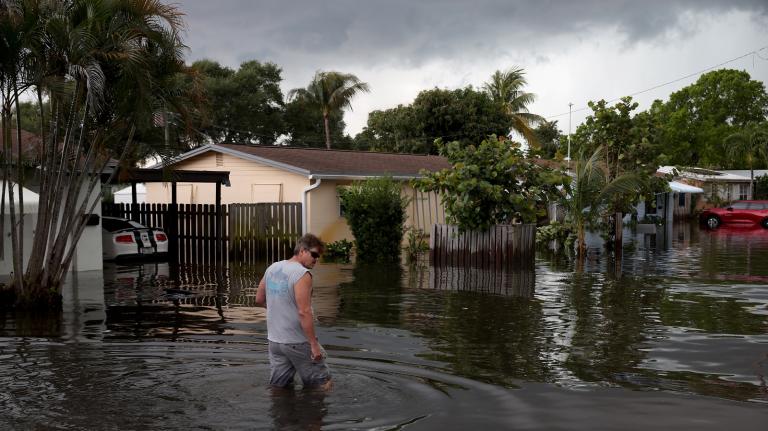A new study [PDF, via WSJ] from the Congressional Budget Office “discovers” something I guess I kind of thought was common knowledge: realistically, no price on carbon will ever be high enough to substantially curtail driving in the U.S. Even $200/ton carbon — wildly outside the range of anything Americans will accept — would only add $2 to a gallon of gas. That’s not nothing, but gas has added $2 in just the last couple years, to no huge effect. The CBO reports says the fuel economy standards passed by Congress this year will have far more effect than any cap-and-trade program.
Again: no cap-and-trade system or carbon tax will solve the problem of transportation emissions in the U.S.
Given that transportation is the one of the largest sources of emissions in the U.S., it’s clear that a price on carbon — which has for years been enviros’ raison d’etre — is the beginning, not the end, of climate policy.
What would make a dent on transportation emissions? Here are a few of my favorites:
- public transit investment
- transit-oriented development
- feebates
- a junker credit
- a low-carbon fuel standard
- congestion pricing
- boost plug-in hybrid market via gov’t procurement
What are yours?
UPDATE: Hm, I just noticed Ezra’s follow-up, in which a commenter of his says this:
Of course the implication of your point, then, is that including transport fuels in a carbon-tax/cap-and-trade scheme may do less substantive good than the political harm which comes from oil lobbyists and the GOP screaming about higher gas prices (we may not like them, but we ignore them at our political peril). A lower cap, as a % of emissions, focused on industrial and electricity generation, coupled with aggressive measures to increase the efficiency of the US vehicle fleet and eventually transition to electric vehicles may be a political winner without a marked substantive impact. But good luck convincing the environmental community of that.
Dunno that I’m part of the “environmental community,” but I for one would be happy to accept that.


